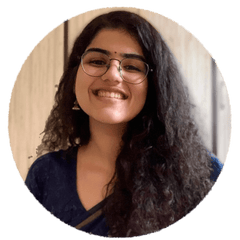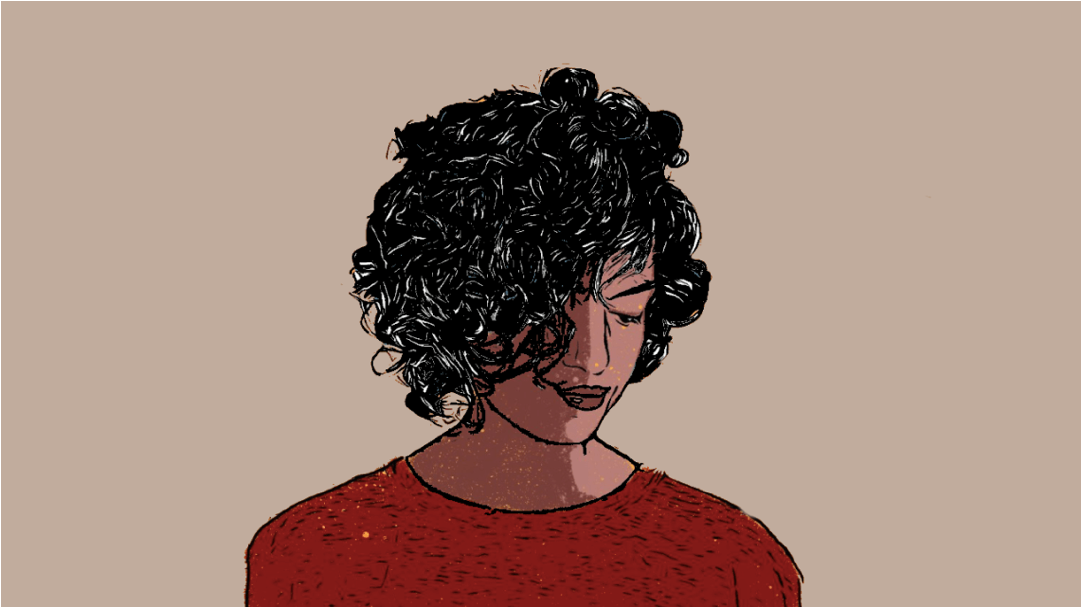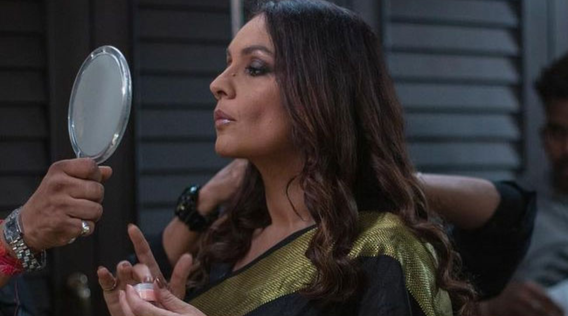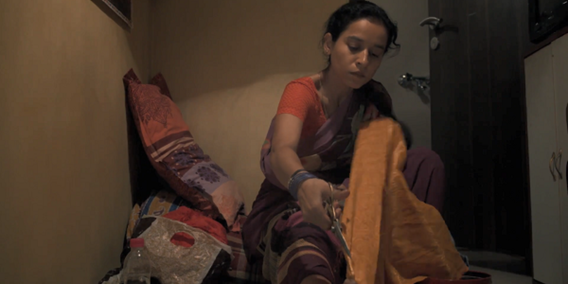As someone who has curly hair, I’ve been told time and time again to “tame” it. At one point in my life, I was almost tired of listening to people exclaim “Oh my God! Look, a bird’s nest” and pointing at my hair.
To clarify, in this context, ‘tame’ did not mean reduce frizz or make the curls more pronounced, it meant straighten, and it meant mending my hair to fit what society deems beautiful. I’ve done it all, straightened it for days, put gel on, cried about having such hair, gone short, I even plaited it so it remains at least ‘wavy’ if not curly. When I look back to those days, I only now realise how mentally taxing it was to have to fret so much over my hair.
I recently read a book called ‘Americanah’ written by Chimamanda Ngozi Adichie, a well known feminist, who talks about race, gender and societal struggles as an African in America. One of the things that struck me was the main character, Ifemelu’s journey with her “afro” hair in America. It showcased the ingrained racism in the society around her. Not only were the Americans surprised at her natural hair, calling it a ‘political statement’, but even her other African relatives advised her to straighten it, to look like a part of the American society. Even if that meant scars or burns on her scalp.
I related to her journey with her hair, because I had pretty similar things said to me in India. Ifemelu was told to keep her hair a certain way to seem more professional, to feel more beautiful, to feel like ‘herself’. Only to find that following that advice made her feel less like herself. She lost her independence and herself in the process of straightening and smoothening her hair.
In India, our schools force us to oil our hair, remove the knots and plait it. As a curly haired girl, I dreaded those mornings. It took longer for my hair to be untangled, oiled and to be plaited – and it hurt so much. Even in school, my hair would stand out, there was just so much frizz!
Everyone fretted over it. I always had too much hair, unmanageable hair and many many bad hair days in a row. I’d only tie them in buns, or in other ways that didn’t let them curl. Hairdressers didn’t know how to cut my hair, nor how to take care of them. Going there meant more anxiety. They only seemed to validate my insecurities, telling me to straighten it or smoothen it or making faces while trying to cut them. They’d tell me to use various conditioners to make it ‘soft’ or less shabby. I always thought that if the hairdressers were helpless too, maybe there’s really nothing I can do to fix this.
For me, curly hair meant shabby. So, I straightened it and struggled even more. Straightened hair meant no running, no sweating (while I live in a humid city) and always feeling the heat on my head. What’s worse? It wouldn’t even stay like that for 2 hours. It just could not be tamed.
In Americanah, Ifemelu’s struggles with her hair and identity took me back to my days when I was insecure. It made me realise that the reason I felt that way was because of society, not because curly or wavy hair is bad. It took me a lot of time and encouragement from other people to nurture my curly hair and to like it in the process. Sometimes it’s still hard, I still wish for straight hair or sometimes I just brush my curls out in frustration. But most of the time, I don’t mind being the odd one out. I feel more like me, and bonus points for not having anxiety about the burns and sweat.
When I say I relate to Ifemelu, I am in no way saying that my struggles are the same as an African who has shifted to America to build a career. Americanah is a great book to read if that’s something you are curious about. But, it made me think about the concept of curly hair being tagged as ‘ugly’. Is it a Western ideology? Of course it is! We all know the British influenced us in many indirect ways (duh!) and this just seems to be one of the many.
I don’t particularly remember watching Western movies that showed main characters with curly hair. Or worse, being attractive meant straightening it out. In Princess Diaries, Mia Thermopolis (played by Anne Hathway), the main character had curly locks, until she became a princess and then straightened them because curly hair is not princess-like. In Main Hoon Na, Sanjana (played by Amrita Rao) suddenly went from being called ‘jhalli’ to being seen as attractive once she straightened her hair and wore indian clothes (another ‘Bhartiya Naari’ layer to the Indian society, right?)

It’s really hard when even a small part of your identity is not acknowledged at all, or worse, is acknowledged as a bad thing in the mainstream. But that does not mean it’s less natural or beautiful.
So, to all my curly haired friends out there, your hair is amazing! Sounds wrong even to me sometimes, I know. But this notion is something that’s been ingrained in us, and it’s time to unlearn.
And to all the people who believe curly hair does not look nice, it’s hard to have to hear those comments all the time, it takes a mental & physical toll on us. It’s not something we can change in seconds. It takes hours to straighten and many more hours of fretting over to make them look ‘beautiful’. What should matter is how I feel when my hair is adhering to beauty standard versus when it’s not. And after years of insecurities, anxiety, and hand-hurting with all those straightening irons, I like my hair the way it is – untamed.
Meet The Author








